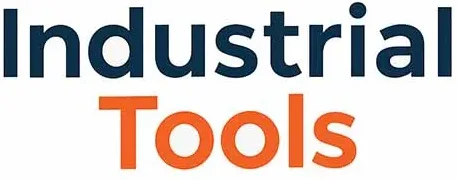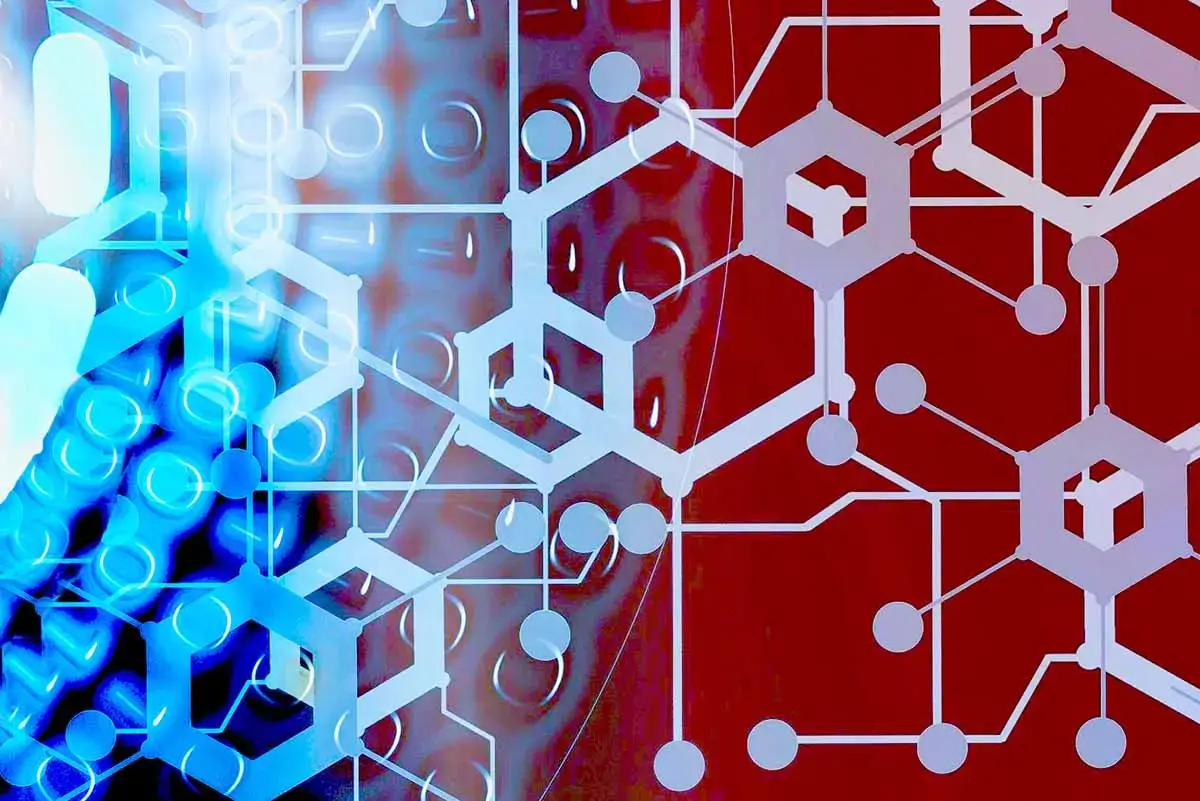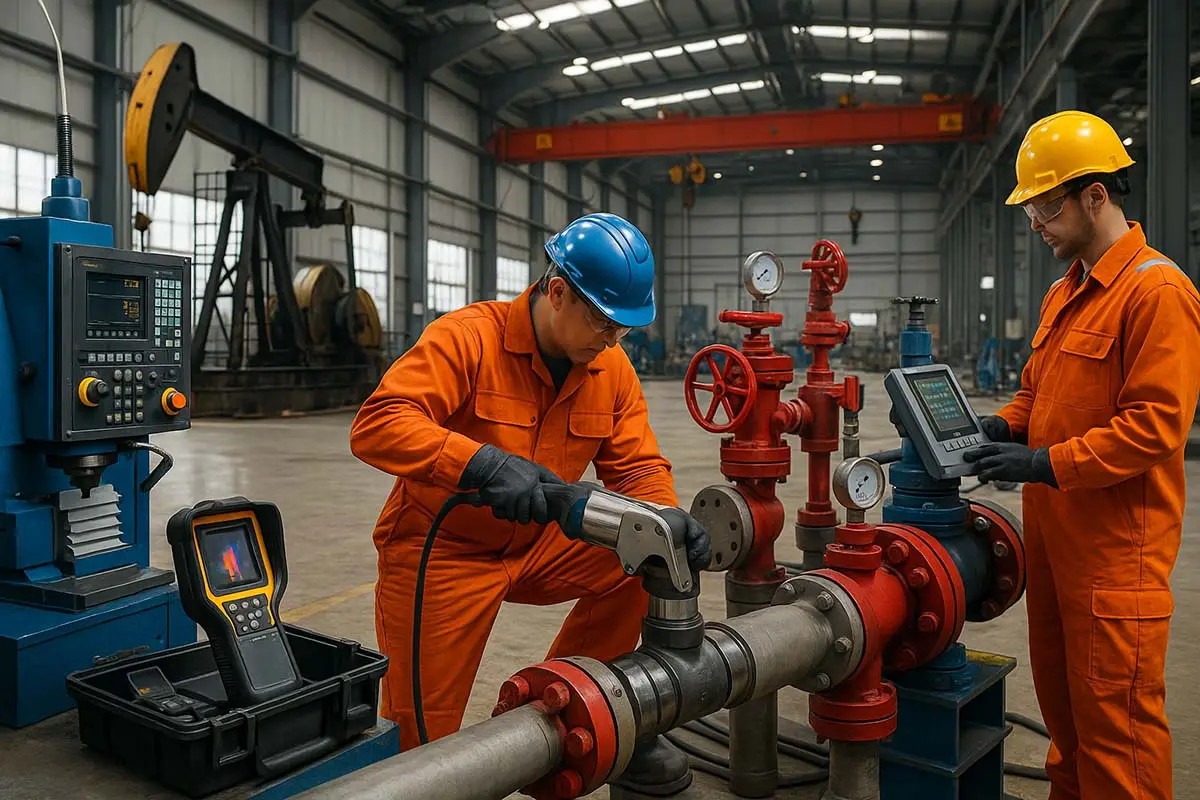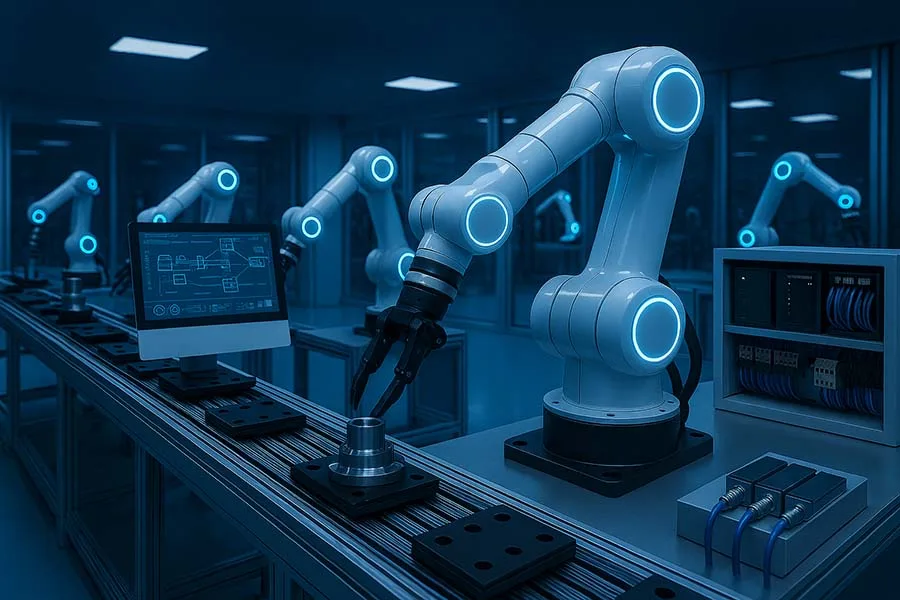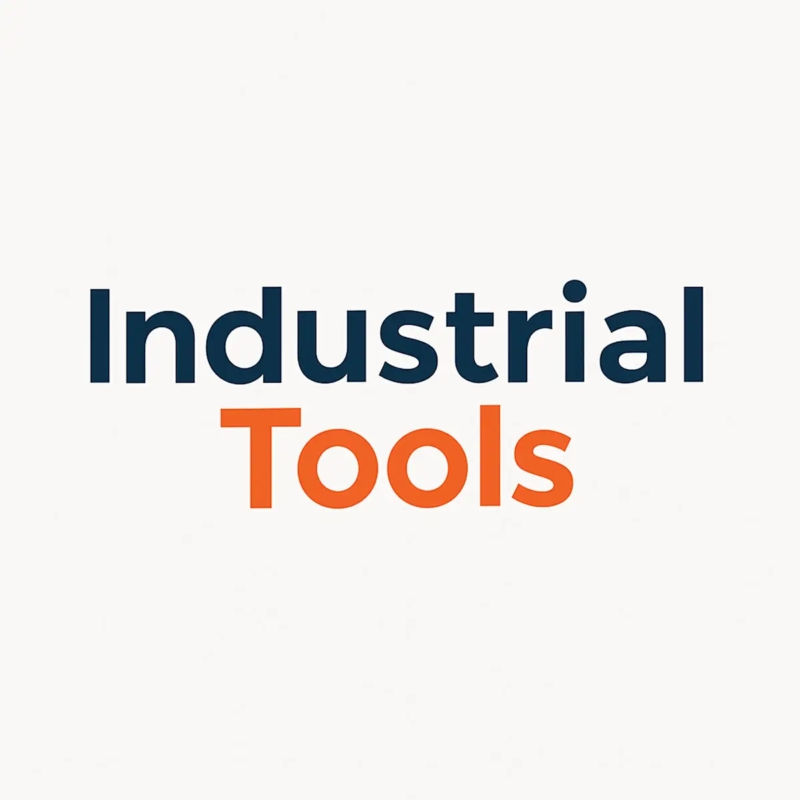🧠 What Is Agentic AI?
Agentic AI refers to artificial intelligence systems that exhibit autonomous decision-making capabilities. Unlike traditional rule-based automation, agentic AI can perceive its environment, set goals, and take initiative to achieve outcomes—often without human intervention. These systems are designed to act as intelligent agents, adapting to dynamic conditions and learning from experience.
🏭 Transforming Factory Automation
Factory automation has long relied on programmable logic controllers (PLCs), robotic arms, and centralized control systems. However, the integration of agentic AI is ushering in a new era of intelligent manufacturing:
- Self-Optimizing Production Lines: Agentic AI can monitor production metrics in real time and autonomously adjust parameters to optimize throughput and reduce waste.
- Collaborative Robotics (Cobots): These AI-powered robots work alongside humans, adapting to their behavior and learning tasks through observation and feedback.
- Dynamic Workflow Management: Instead of static schedules, agentic AI can reconfigure workflows based on supply chain disruptions, machine availability, or demand fluctuations.
🔧 Revolutionizing Predictive Maintenance
Predictive maintenance aims to anticipate equipment failures before they occur. Agentic AI enhances this by not only predicting issues but also taking proactive steps to prevent them:
- Real-Time Sensor Analysis: Agentic systems continuously analyze data from IoT sensors to detect anomalies and degradation patterns.
- Autonomous Decision-Making: Upon identifying a potential fault, the AI can schedule maintenance, order replacement parts, or reroute operations to minimize downtime.
- Learning from Failures: These systems improve over time by learning from past breakdowns, refining their predictive models and maintenance strategies.
📈 Business Benefits
The adoption of agentic AI in industrial settings offers compelling advantages:
| Benefit | Description |
|---|---|
| Increased Uptime | Autonomous monitoring and intervention reduce unplanned outages |
| Cost Efficiency | Optimized resource usage and reduced maintenance costs |
| Scalability | Systems can adapt to growing complexity without manual reprogramming |
| Enhanced Safety | AI agents can detect hazardous conditions and respond faster than humans |
| Sustainability | Reduced waste and energy consumption through intelligent optimization |
🌐 Future Outlook
As agentic AI continues to evolve, its role in industrial automation will expand beyond efficiency. We’re moving toward factories that think, adapt, and even negotiate with other systems. The convergence of AI, IoT, and edge computing will create ecosystems where machines are not just tools—but intelligent collaborators.
